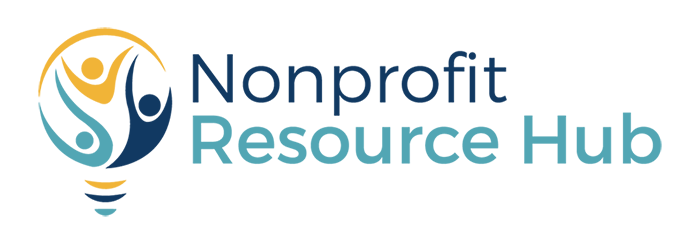Mission Statement: “To empower and inspire people of all communities to identify, pursue and sustain healthy, meaningful lives”.
MHAW strives to develop an authentic, diverse workforce that embraces, creates, respects and demonstrates diversity, equity, and inclusiveness in the work environment, towards one another and those we serve. We recognize that our agency is strongest when we all embrace the full spectrum of diversity and experience. We actively seek to employ a diverse workforce representative of the communities we serve.
MHAW is a pro-vaccination agency, and has required all staff to be fully vaccinated and encourages service recipients to be vaccinated against Covid-19.
Position: Adult Care Management Quality Assurance Assistant
Compensation: $50,000.00 per year
Location: Office-based positon, Ronkonkoma, NY
Hours: Full time, 37.5 hours per week (non-exempt)
Start Date: Immediately
Key responsibilities will include but are not limited to:
• Interfaces regularly with Care Managers, Care Management Leadership Team, Billing Revenue Management Supervisor and Database Administrator.
• Maintains working knowledge of DOH/Health Home Policies and Procedures and participates in Health Home facilitated meetings and webinars as requested.
• Demonstrates computer proficiency and good understanding of EHR – Cerner Millennium and Health Home IT platform – Foothold Care Management (FCM). Reviews and enters BSQ assessments in FCM.
• Utilizes PSYCKES (Psychiatric Services and Clinical Knowledge Enhancement System), a NYS web-based application, to review eligibility and identify qualifying factors that impact completion of monthly billing questionnaires.
• Runs PSYCKES report, using various criteria/filters and merges with CICBH Client Assignment Report to determine those on roster who may be eligible for HH Plus.
• Enters and utilizes billing authorizations with begin/end dates in EHR to track BSQ functional categories (i.e. homelessness, incarceration, inpatient hospitalization, SUD, etc.).
• Runs reports, utilizing EHR and HH platform, and distributes to Care Management leadership team to ensure that BSQ functional categories are addressed as required.
• Generates other reports as requested for purposes of Q&A, distribution, tracking and audits. Completes other data entry tasks as requested (in EHR and IT platforms).
• Performs audits to ensure that service delivery requirements are met for Health Home Plus program as well as those in other special populations (i.e. AOT, State Aid).
• Tracks and monitors start/end dates for Health Home Plus clients and communicates to Care Management leadership team.
• Has a keen eye for problem patterns, notes observations and communicates to Assistant Program Director and/or Program Director and Billing Revenue Management Supervisor in a timely fashion.
• Assists with quality improvement projects and contributes to the continuous improvement process, development of new procedures, workflows and forms.
• Ensures that all client records are updated, accurate and complete and assists in audit processes (internal and HH) when requested.
• Runs, analyzes and distributes reports from FCM to support timely completion of HH Comprehensive Assessments, HH Care Plans, Consents, etc. via the Leadership Monthly Tracking Report (LMTR).
• Generate and distribute Low Acuity Report and Exceptions Report according to schedule.
• Monitor client Medicaid inactivity and track those with R69/H1/H9 status.
• Utilize Unbilled Claims Report to complete monthly review and work with leadership team to address necessary corrections within established time frames.
Qualifications:
The successful candidate should possess or be quickly able to acquire the following skills and abilities:
• Bachelor’s Degree in Business, Health Administration or Human Services field is preferred.
• Care Management experience preferred.
• Detail-oriented, reliable self-starter with the ability to work both independently and as part of a team.
• High degree of proficiency in navigating multiple computer platforms.
• Candidate must be fully COVID-19 vaccinated.

